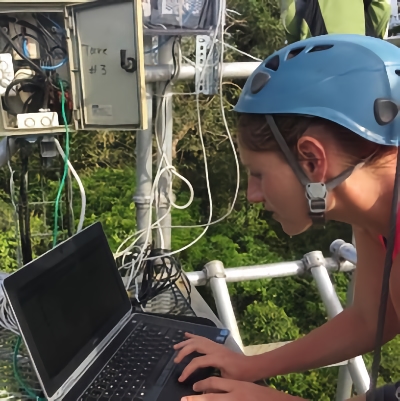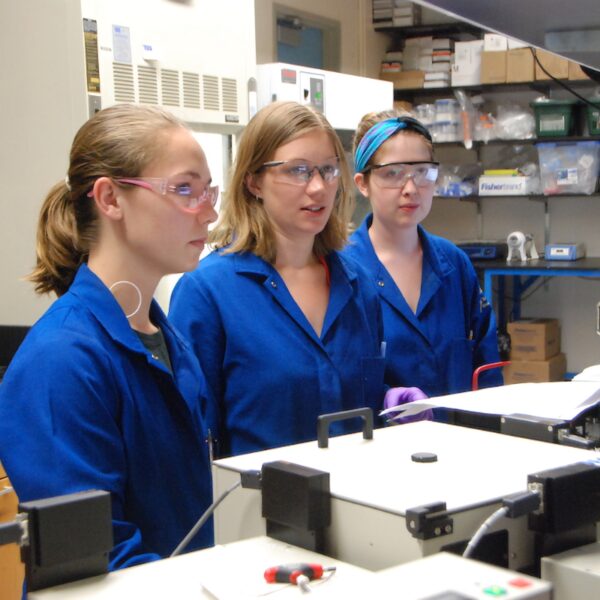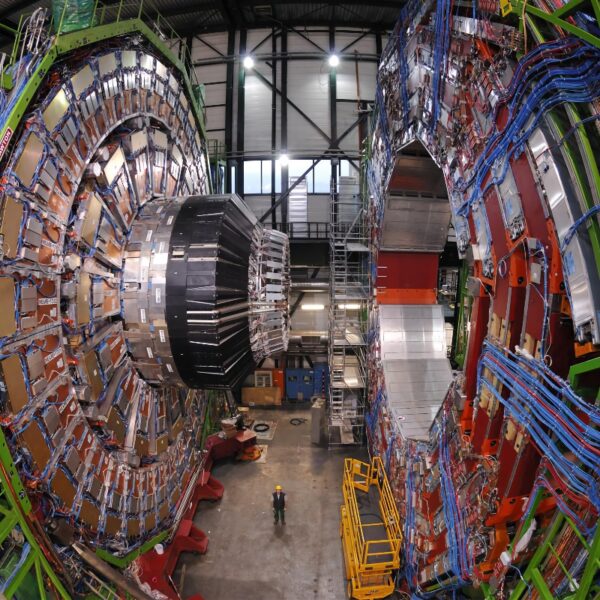Atmospheric & Oceanic Sciences
The science surrounding us
Climate change is perhaps the greatest threat facing the planet and humanity today. Ranked #1 in the country by the National Research Council, the Department of Atmospheric and Oceanic Sciences (AOS) is at the forefront of this cause. We have been a leader in atmospheric research and education since 1940, when it was under the leadership of the late professor Jacob Bjerknes, originator of the polar-front theory of cyclones. Our department taps some of the best and brightest minds in the world as it teaches interdisciplinary approaches to innovation in four major areas — climate and weather, chemistry and radiation, oceanography, and space physics.






